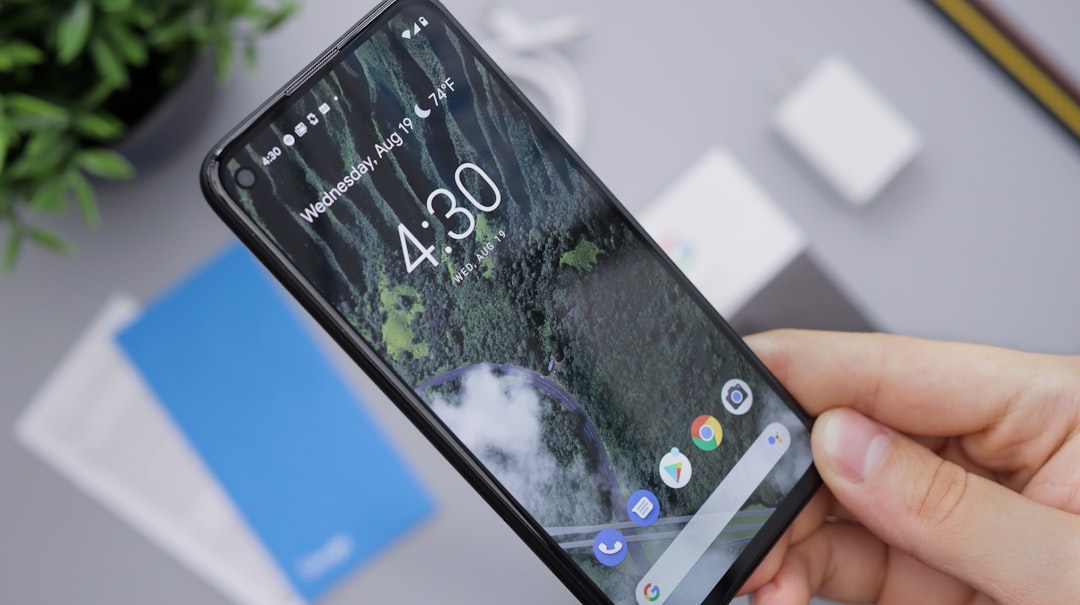Robocalls are common but unwanted in Alabama, including Dothan. Federal laws like TCPA protect consumers from automated calls without consent. You can take steps like registering with Do Not Call Registry and using call-blocking apps. If calls persist, consulting a lawyer and exploring potential lawsuits for robocalls in Alabama under TCPA regulations may be options.
Dothan residents often face the nuisance of unsolicited robocalls, raising concerns about consumer protection. This article guides you through your rights and legal options in Alabama. We explore how to stop unwanted calls, the potential for suing robocallers under Alabama law, and effective strategies to combat this growing issue. Understanding your rights is essential, especially when considering whether to take legal action against these persistent callers—including the possibility of seeking compensation for harassing robocalls in Alabama.
Understanding Robocalls and Consumer Protection Laws in Alabama

Robocalls, automated phone calls that deliver recorded messages, have become a ubiquitous part of modern communication. While some robocalls offer valuable information or services, many consumers find them intrusive and unwanted. In Alabama, including the city of Dothan, consumers are protected by various consumer protection laws aimed at mitigating the prevalence and impact of robocalls.
Under the Telephone Consumer Protection Act (TCPA), businesses are prohibited from making automated phone calls to consumers without their prior express consent. This law also provides consumers with the right to sue for damages if they receive unwanted robocalls. If you’ve been subjected to persistent or harassing robocalls in Dothan, understanding your rights under Alabama consumer protection laws and considering whether you can sue for robocalls in Alabama is a crucial step towards reclaiming control of your communication channels.
Your Rights: When and How to Stop Unwanted Calls

In the face of unwanted robocalls, consumers in Dothan, Alabama, have rights and options to protect themselves. The first step is to identify and document the calls as robocalls using tools available on smartphones or by registering with the National Do Not Call Registry. Once confirmed, you can take immediate action to stop them.
If the calls persist despite your efforts, consider legal options. In Alabama, there are strict regulations against deceptive telemarketing practices, including robocalls. You may have grounds to file a complaint with the Federal Trade Commission (FTC) or seek legal advice on potential lawsuits, especially if the calls violate state laws. Remember, knowing your rights and taking proactive measures can significantly reduce the frequency of these unwanted intrusions.
The Legalities of Suing for Robocalls: What You Need to Know

If you’ve been receiving unwanted robocalls in Dothan, Alabama, you may be wondering if you have any legal recourse. The good news is that there are protections in place for consumers like you. In the United States, the Telephone Consumer Protection Act (TCPA) prohibits automated or prerecorded calls from being placed to residential telephone lines without prior express consent. If a business violates this law by calling you using an automatic dialing system (ADS), you may have a case to sue.
In terms of can you sue for robocalls in Alabama specifically, the state follows federal regulations set by the TCPA. This means that if a call was made without your permission and caused you harm or inconvenience, you could be entitled to compensation. However, it’s essential to gather evidence, such as recordings of the calls, any interactions with the caller, and documentation of the impact the calls had on your life. Consulting with an attorney specializing in consumer protection law can help you understand your rights and determine the best course of action, including whether suing for robocalls is a viable option in your situation.
Effective Strategies to Combat Robocall Annoyance

Robocalls can be incredibly annoying and intrusive, but there are effective strategies to combat this growing problem. One of the first steps is to understand your rights as a consumer in Alabama. The Telephone Consumer Protection Act (TCPA) provides substantial protections against unsolicited phone calls, including robocalls. You have the right to sue for damages if you’ve received unwanted calls.
To reduce the frequency of robocalls, consider registering your number on Do Not Call lists, using call-blocking apps, and adjusting your phone settings to restrict unknown callers. Additionally, be cautious about sharing your contact information online or through surveys, as this can lead to more calls from automated systems. Remember, while these measures help, the most effective solution is often legal action against the companies responsible for the robocalls, especially if they’ve violated your rights under Alabama and federal law.






